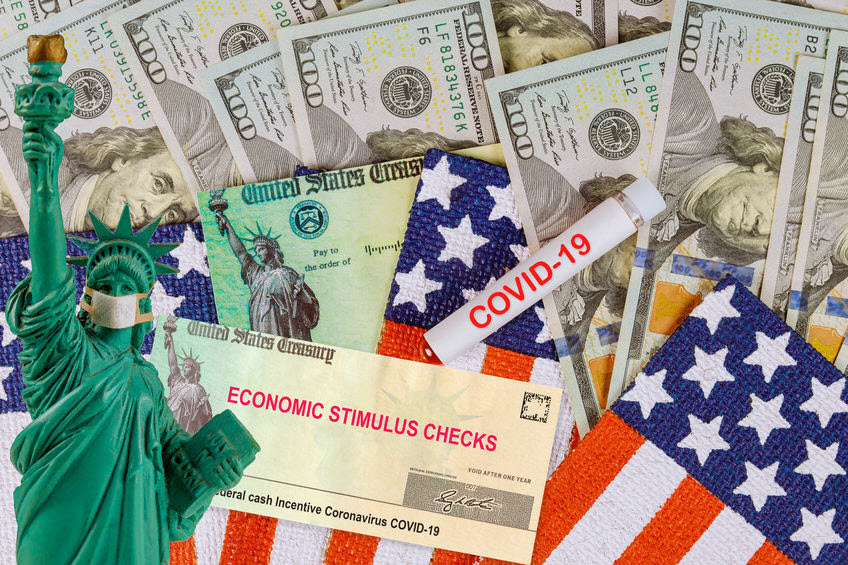The coronavirus relief bill includes a direct payment to most Americans, but this has Medicaid recipients wondering how the payment will affect them. Because the payment is not income, it should not count against a Medicaid recipient’s eligibility.
The Coronavirus Aid, Relief, and Economic Security (CARES) Act provides a one-time direct payment of $1,200 to individuals earning less than $75,000 per year ($150,000 for couples who file jointly), including Social Security beneficiaries. Individuals earning up to $99,000 ($198,000 for joint filers) will receive smaller stimulus checks. Payments are based on either 2018 or 2019 tax returns.
The basic Medicaid rule for nursing home residents is that they must pay all of their income, minus certain deductions, to the nursing home. If the stimulus payment were considered income, it would likely have to go straight to the nursing home. Since in most states Medicaid recipients cannot have more than $2,000 in assets, there was also concern that the stimulus payments could put many recipients over the asset limit.
However, in a blog post, the Commissioner of the Social Security Administration (SSA) has clarified that the SSA will not consider stimulus payments as income for Supplemental Security Insurance (SSI) recipients, and the payments will be excluded from resources for 12 months. Because state Medicaid programs cannot impose eligibility requirements that are stricter than SSI requirements, the payments will not affect Medicaid eligibility and thus, will not count as income or assets for 12 months.
If you or someone you know are ready to create a comprehensive estate plan or need assistance with long-term care planning or a guardianship, please contact our office.
Stay safe and be well!








